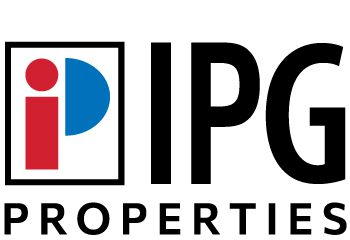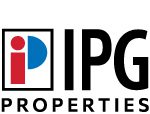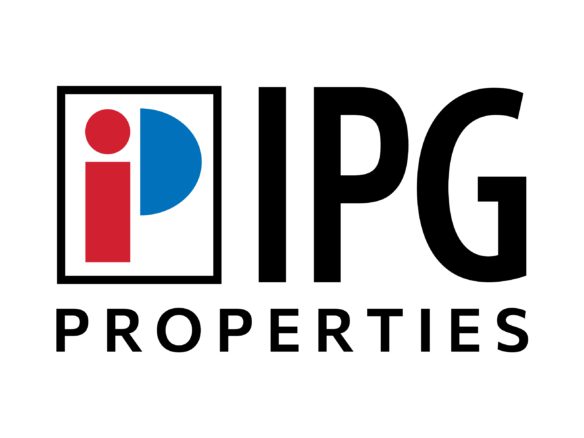You may have heard the expression “A stitch in time saves nine.†This phrase is especially true when it comes to preventive building maintenance. While it can seem expensive or burdensome year over year, neglecting upkeep will inevitably lead to costly repairs, frustrated tenants, or negatively impact rental income. With regular inspections and scheduled preventive maintenance, building owners can maintain the value of their property, maximize income, and avoid major repairs and safety issues.
According to the Georgia Real Estate Commission, a maintenance management program provides four major benefits to property owners:
TENANT SATISFACTION AND RETENTION – Doing the repair work requested by a tenant in a timely, appropriate, and clean manner increases the tenant’s satisfaction with the apartment or commercial space. Enhanced tenant satisfaction is an important element in the tenant’s lease renewal decision and can produce higher contract rents and lower vacancies.
REDUCING OPERATING COSTS – A comprehensive preventive maintenance program can reduce total maintenance and repair costs and can also affect other operating costs such as utility expenses, property insurance premiums, and emergency repair costs.
ENHANCING NET OPERATING INCOME – A comprehensive maintenance plan contributes to tenant satisfaction which increases tenant retention and reduces operating costs. The results are higher levels of net operating income and higher property value.
DEFERRING FUNCTIONAL OBSOLESCENCE – Functional obsolescence is the value reduction caused by a mismatch in the desires of potential tenants and the physical attributes of the building. Proper maintenance of the building helps retain the physical attributes wanted by potential tenants and can lead to higher contract rents. Absorption of vacant space occurs sooner, thereby reducing vacancy levels and increasing the property’s effective gross income.
Below are some special needs for industrial properties according to the Georgia Real Estate Commission:
ENVIRONMENTAL – Industrial users frequently use toxic chemicals in manufacturing products. Even warehouse facilities use powerful cleaning solvents and must dispose of liquids such as engine oil and lubricating materials. Therefore, property managers must be aware of federal and state regulations. These and other environmental laws are complex and strict in their applications. Owners and managers of industrial properties may have a higher level of risk due to the nature of some tenants.
MAINTENANCE – Most industrial properties are triple net leased, which puts most of the maintenance responsibilities on the tenant. While this arrangement at first seems to relieve the manager of responsibility, the manager must still provide for the right of inspection in the lease and must inspect the property periodically to monitor for deferred maintenance and potential health and safety issues.
EXTERIOR STORAGE – Exterior storage is a frequent problem with industrial properties. Often tenants will store cleaning solvents, gasoline, other products with noxious fumes, storage pallets, engine parts, and empty steel drums in outside areas. Such storage is dangerous and unsightly and can violate local, state, and federal regulations as well as the requirements of the lender holding the mortgage on the property. The lease should specify the standards for outside storage and the manager must monitor the storage to make sure it complies with the lease provisions.
CLICK HERE for more information from the Georgia Real Estate Commission or visit the link below.
https://grec.state.ga.us/information-research/infobase-main/infobase-chapter-51/





